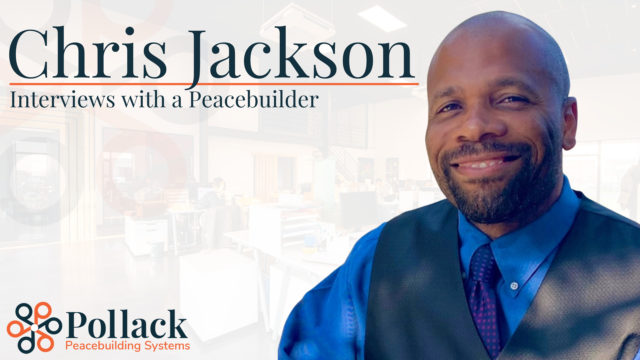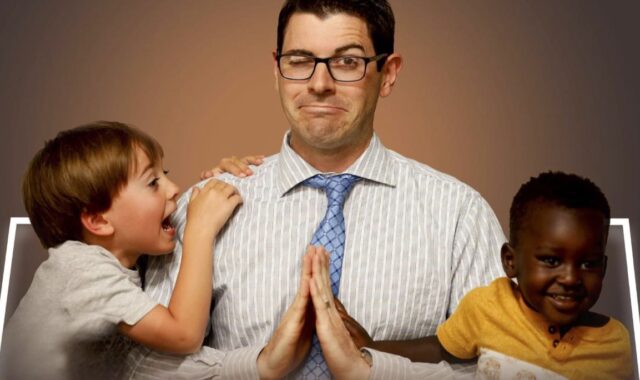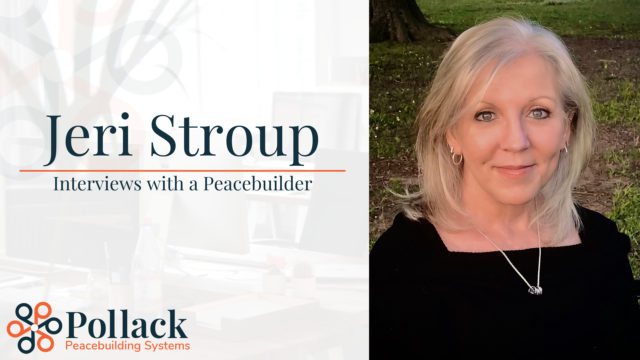It is fascinating to learn how peacebuilders have found themselves in this field. For Dawn Hagopian, the road to peacebuilding took turns through a difficult childhood and a few years in business and teaching. Eventually, she realized that she thrives in “high conflict and high chaos” as she puts it. Her work for nearly 20 years has focused on helping teenagers and their families build strong and trusting relationships.
Introduction into the Field
Dawn’s door into peacebuilding opened when she met Robert Gould in the early 2000s. He was serving as the Director of the Portland State University’s Conflict Resolution program. Shortly after meeting her, he believed in Dawn’s ability to use her personal experiences for the good of her community. Dawn completed her Master’s degree in Conflict Resolution under Robert’s leadership and went on to change the lives of families experiencing difficult changes.
Since 2004, Dawn’s primary focus has been to serve “individuals, couples, families, and organizations through organizational change using interpersonal conflict resolution skills.” She believes that every individual has the ability to foster peace through acceptance. On days when the work becomes extremely difficult, she reminds herself that the impact she makes for her clients is worthy. Her motivation stems from knowing that positively changing the trajectory of even just one person makes a ripple effect on our world.
Training Future Mediators
As a specialized peacebuilder, Dawn spends a significant amount of her time training mediators in Portland. She often shares professional wisdom with them to help them forge ahead in their work. Key among her advice is that mediators must never become defensive when dealing with clients facing conflict. Instead, their role is to engage conflicting parties in a conversation to learn the sources of their frustrations. In fact, Dawn’s own strategy for dealing with conflict involves explaining, asking questions, seeking to understand, and truly using her active listening skills.
Additionally, peacebuilders must understand that they are human, too. According to Dawn, this means that at some point in their interactions, they will make judgments and assumptions based on their biases. The work for an effective peacebuilder is in maintaining a high level of self-awareness. In most cases, doing so allows room to constantly address personal biases to ensure that they do not affect the work at hand. Oftentimes, Dawn finds that people who pursue mediation training without understanding this skill are not successful in the field. They are unable to reach the level of connection that is required in order to support individuals or groups through conflict.
One final piece of advice Dawn wants to share with other peacebuilders is that conflict resolution work is a soul’s mission. It has to be done wholeheartedly and genuinely in order to see results. Peacebuilders also have to know that being involved in conflict resolution will reintroduce past personal trauma, which can be extremely challenging for new peacebuilders. As such, it is important that those involved in this field learn to take care of themselves so that they are able to give their clients the attention that they deserve.



